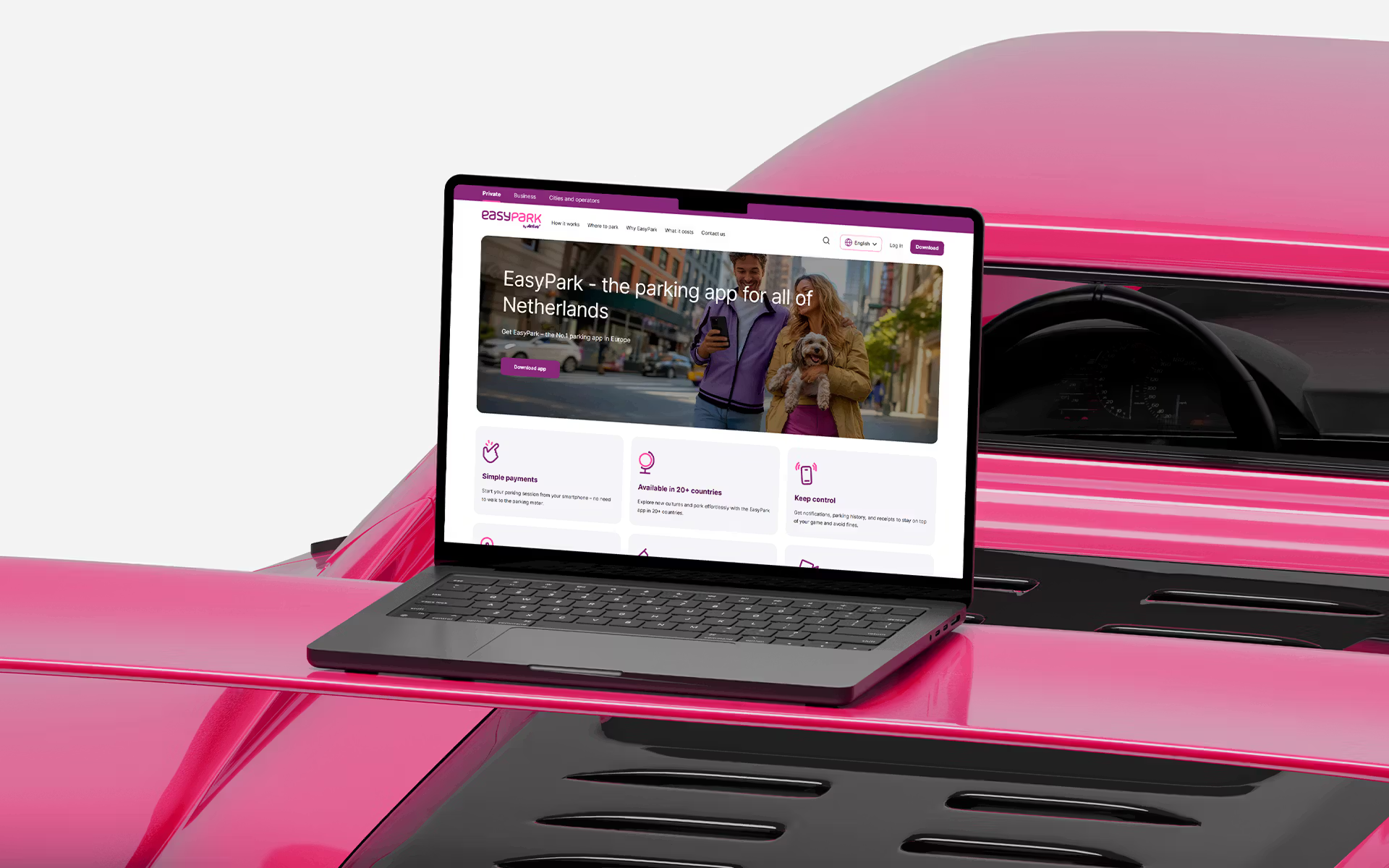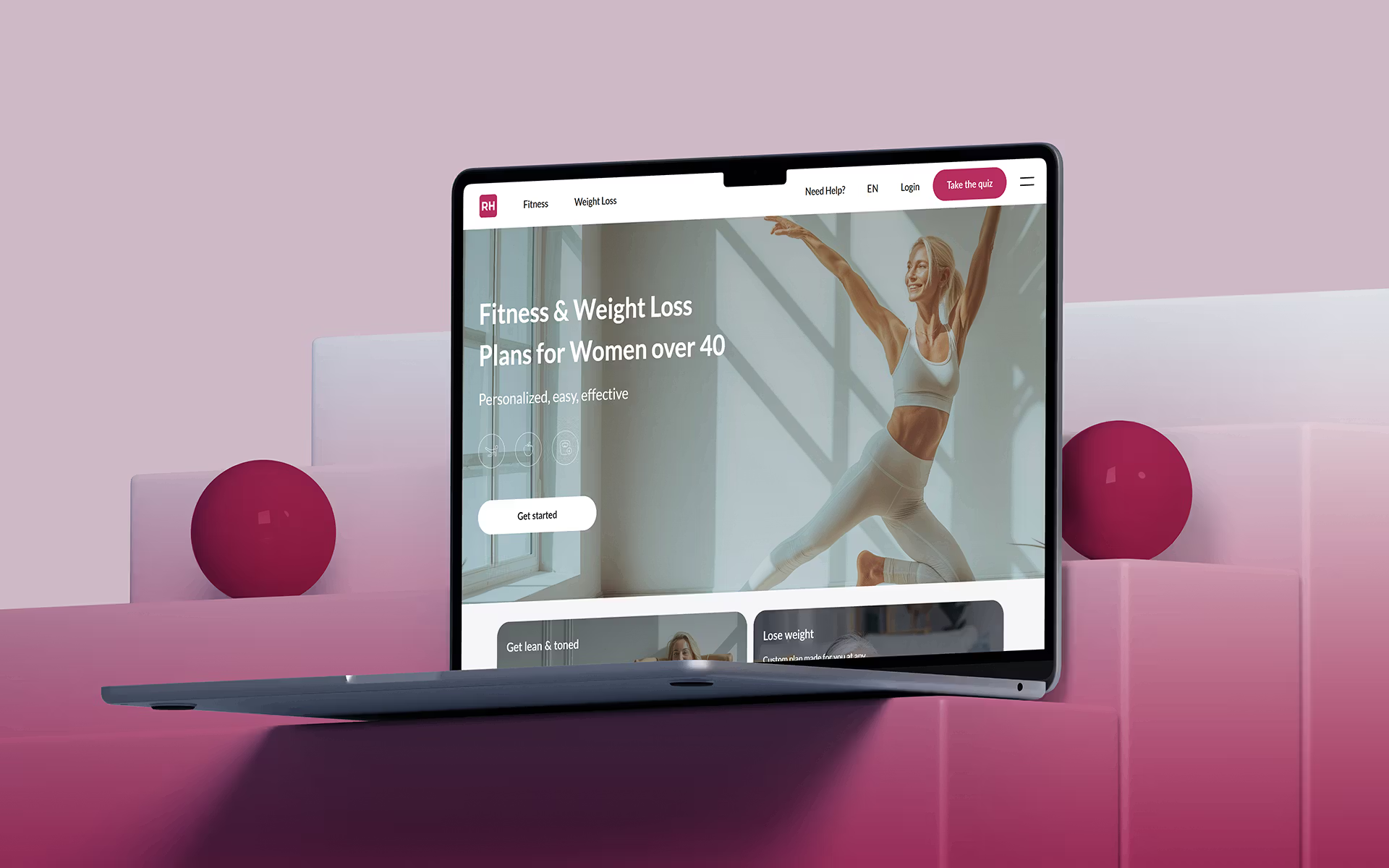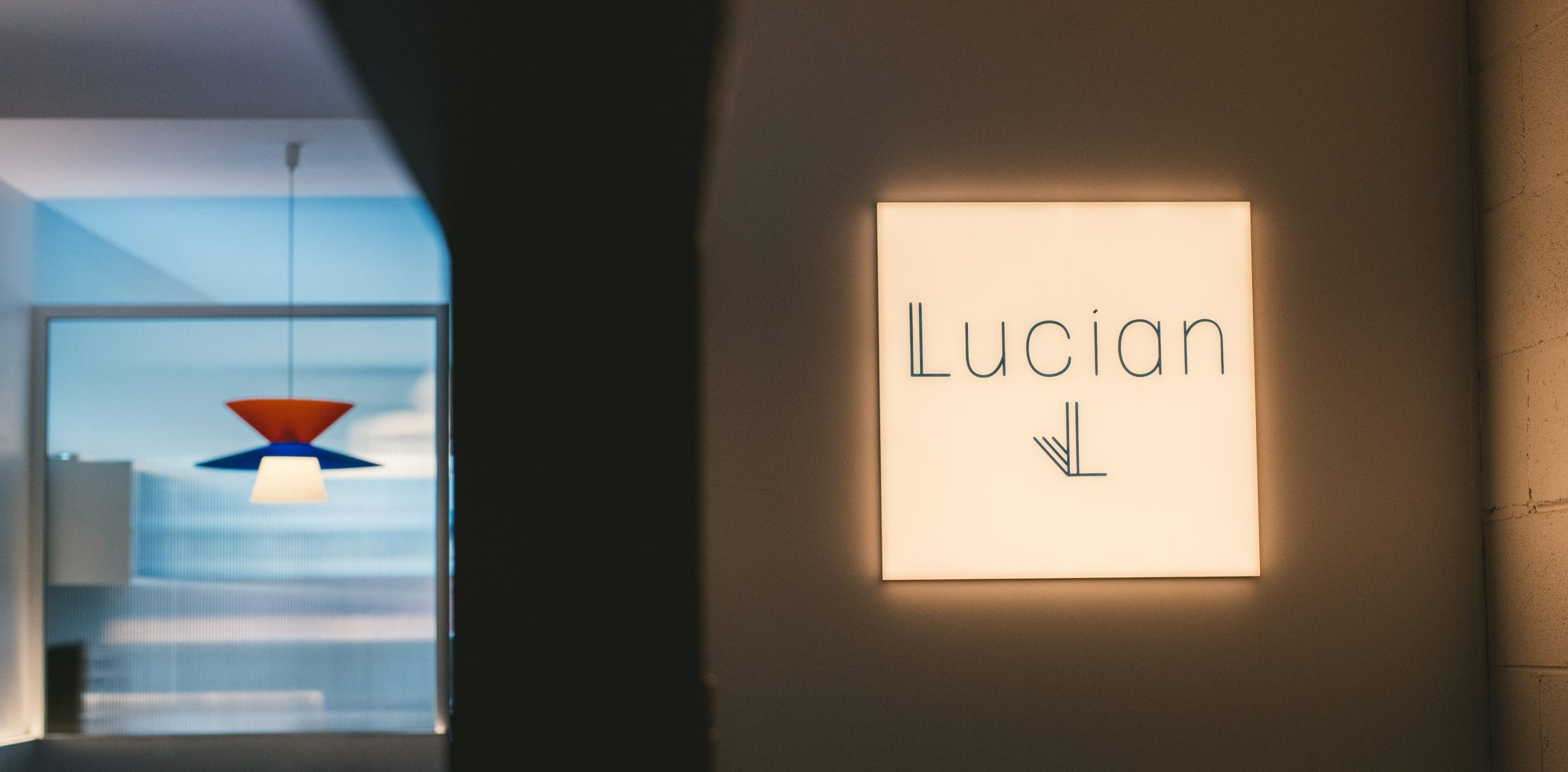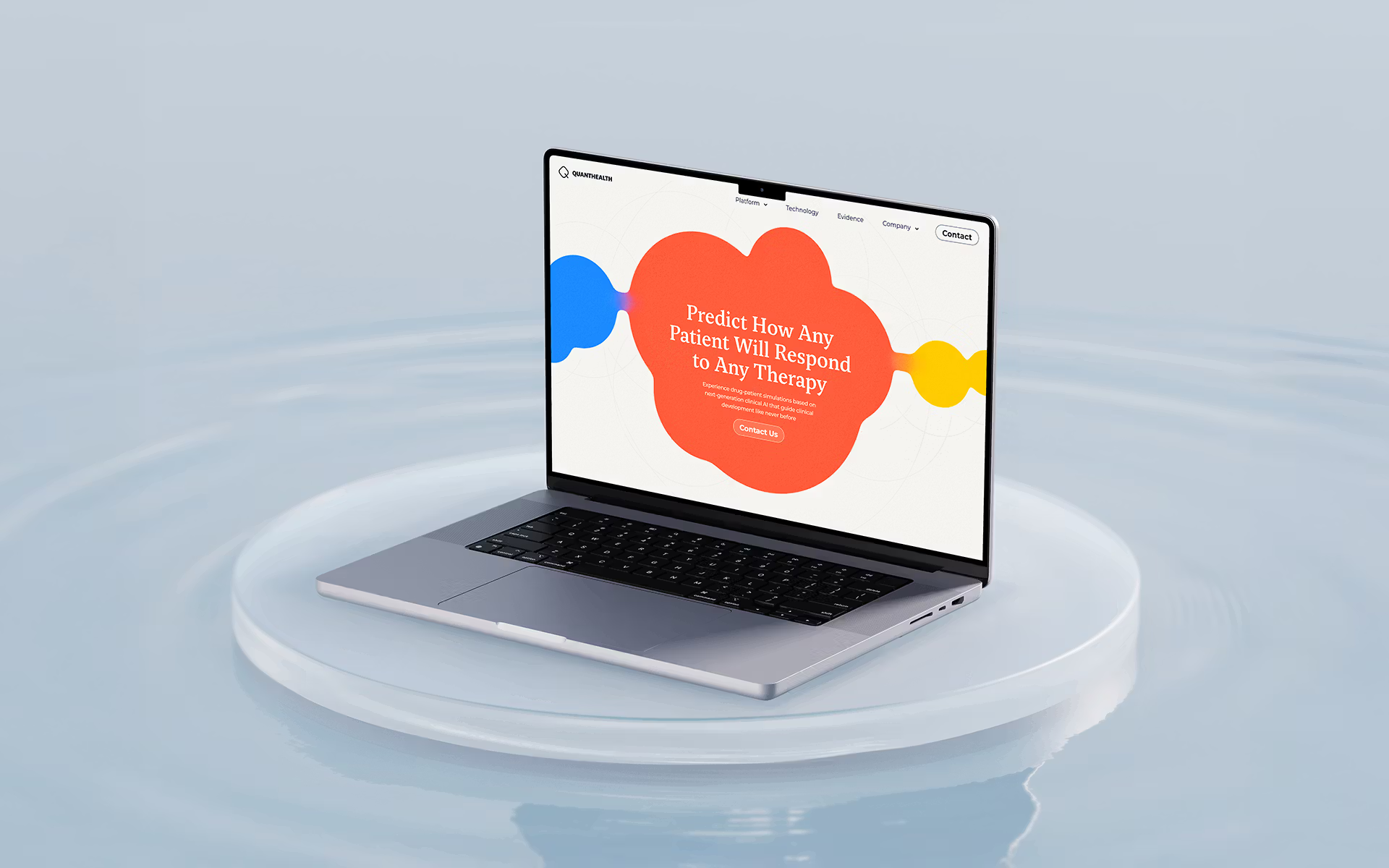Migrate from WordPress to Headless CMS
Why Migrate from WordPress?
Firsty Migrated to Headless CMS
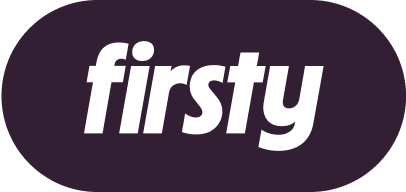
How We Help Migrate?
Discovery & Mapping
We audit your WordPress setup - plugins, templates, and content structure and define what should be migrated or rebuilt for scalability
Schema Redesign
We model your content types in a new Headless CMS (e.g., Sanity, Storyblok, Payload, or DatoCMS) to make it modular and editor-friendly
NextJS Frontend Build
We rebuild your frontend for performance, SEO, and visual flexibility, decoupled from the CMS
Localization & Workflows
We configure multi-language publishing and user roles for marketing and content teams
Enablement & Launch
We train your team, finalize documentation, and hand off a maintainable setup for full editorial independence
Why us
Accurate Estimates
90% of our projects stay within the initial offer without major scope changes.
Performance by Default
NextJS and SEO audits are included by default to ensure top performance from day one.
Faster Delivery
Our internal CMS-kit accelerates Headless CMS development, saving both time and budget
FAQs
Migration from WordPress to Headless CMS
Most migrations take 4–8 weeks, depending on your content volume, plugin complexity, and integrations. We start with a brief audit to plan scope and effort
No, we preserve your URLs, redirects, and meta data. Most clients see a Core Web Vitals boost after moving to a Headless stack
Yes, modern Headless CMSs like Storyblok or Sanity provide visual editor with real-time previews. You’ll edit directly on the page, not in a blind form
Expect around 50–70% lower maintenance and hosting costs - no plugin updates, fewer vulnerabilities, and faster iteration
Our Go-to CMSs
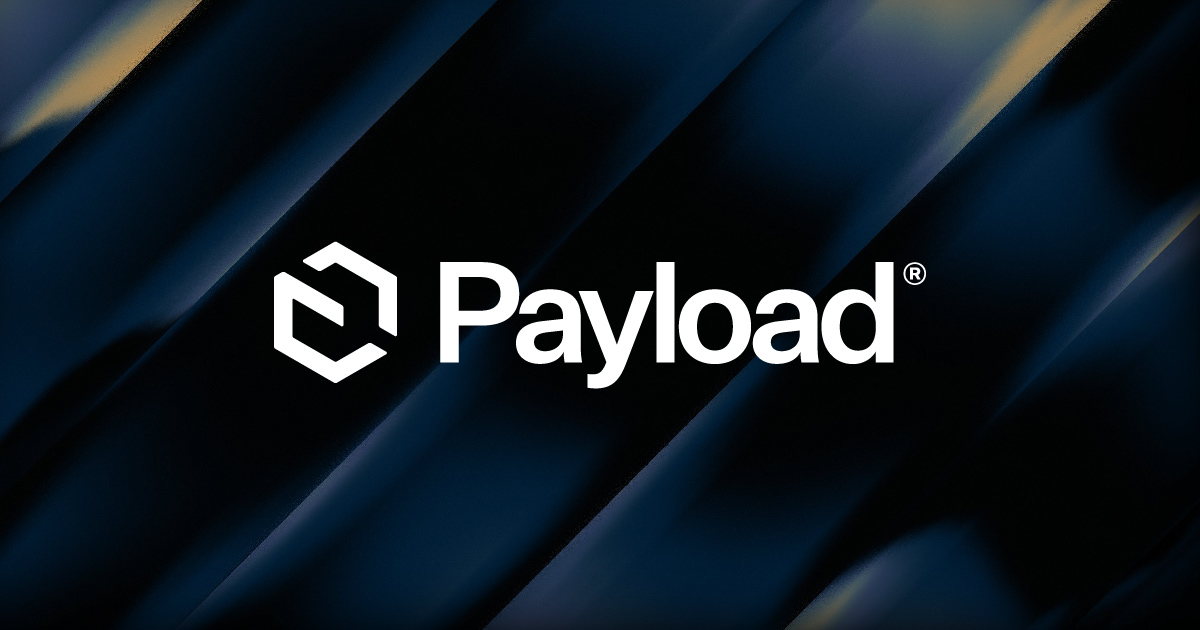
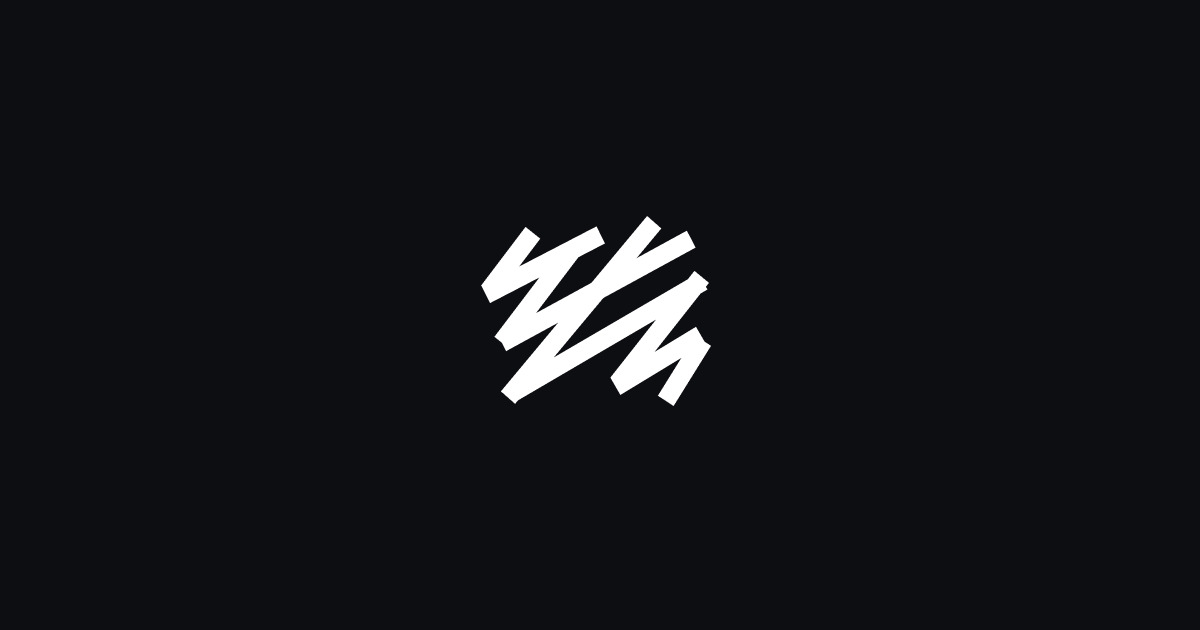
What is Sanity CMS?
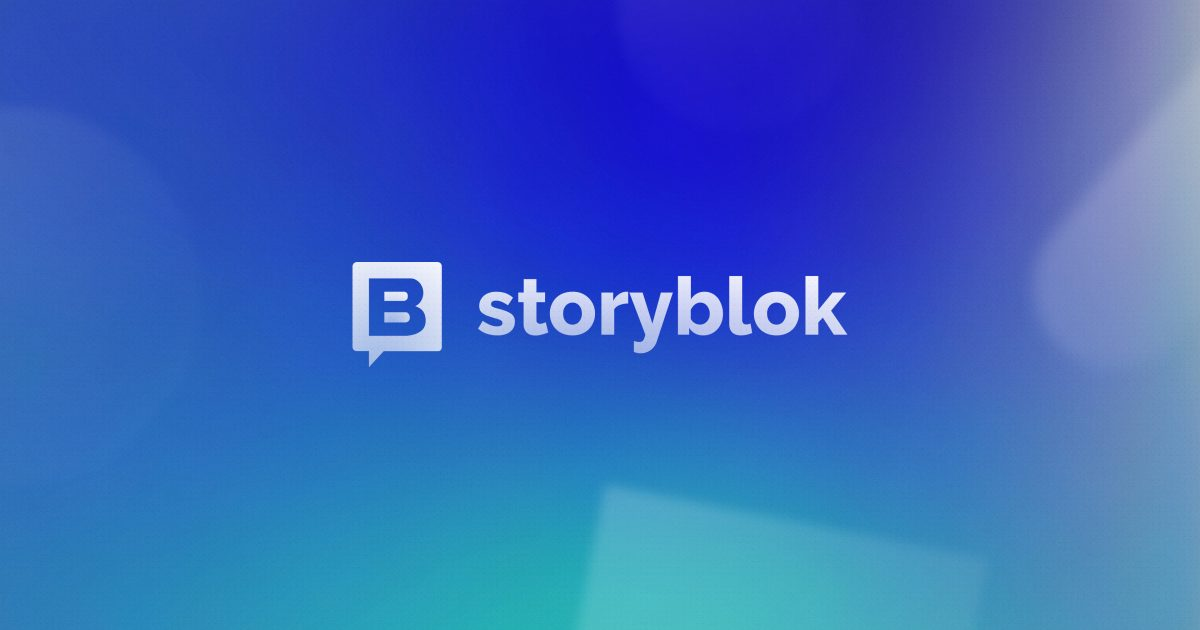
What is Storyblok?
Need help with Migration?
- Respond within a day
- Intro call to sync
- Proposal within 2-3 days
Then contact us by email [email protected]










